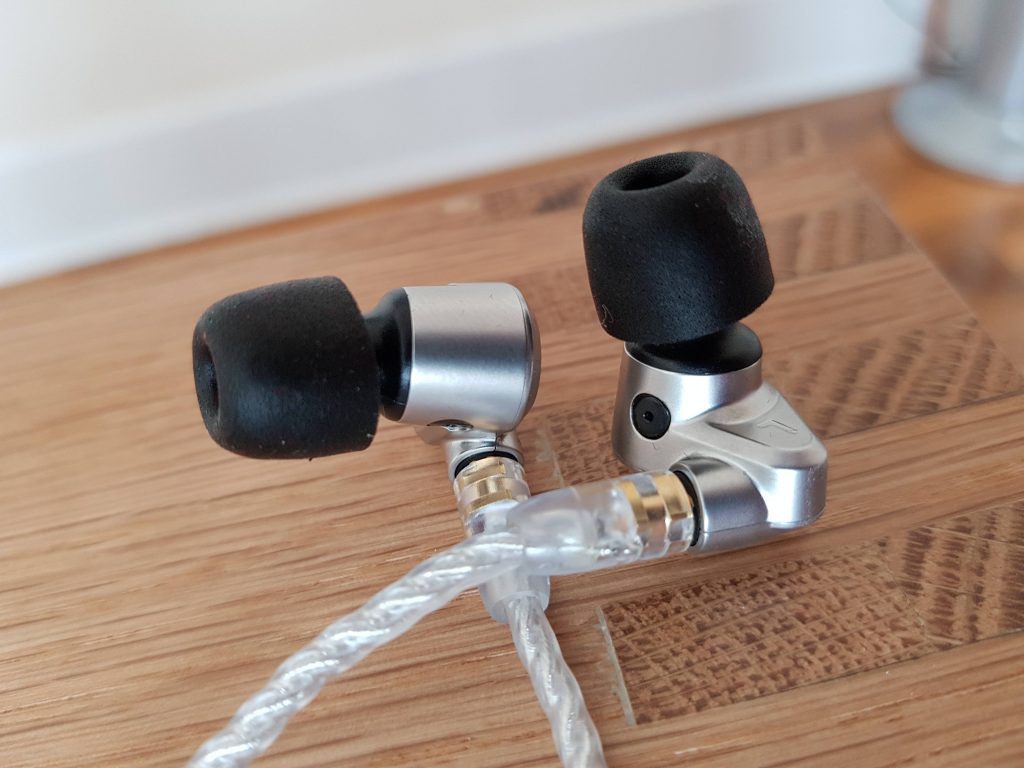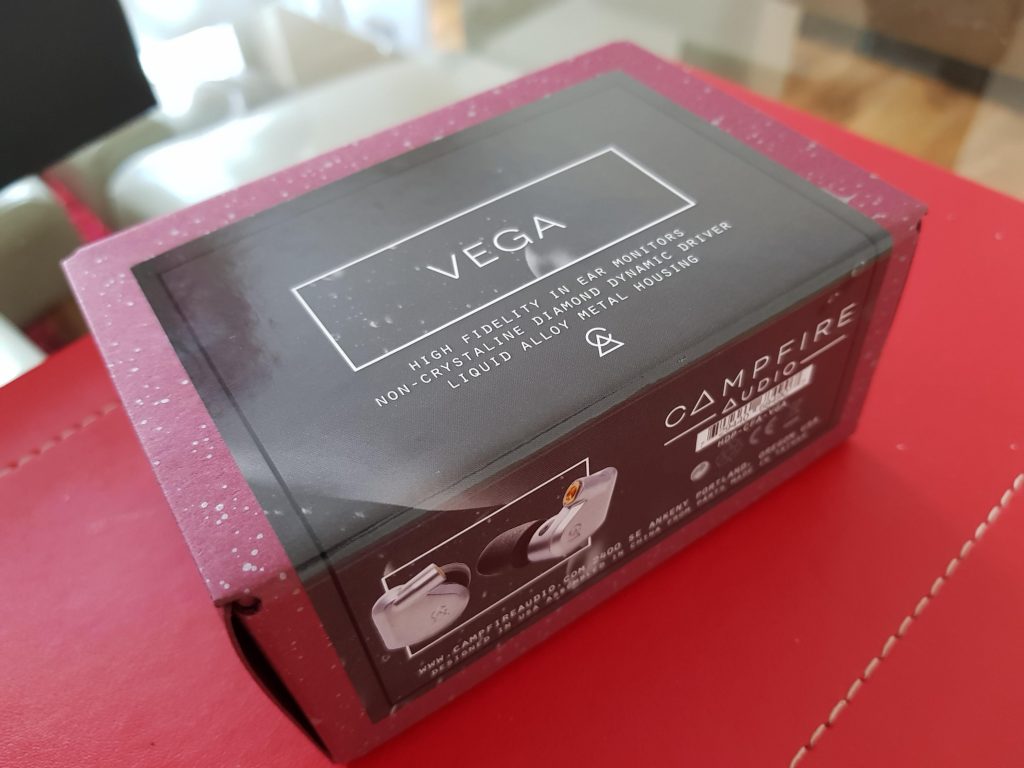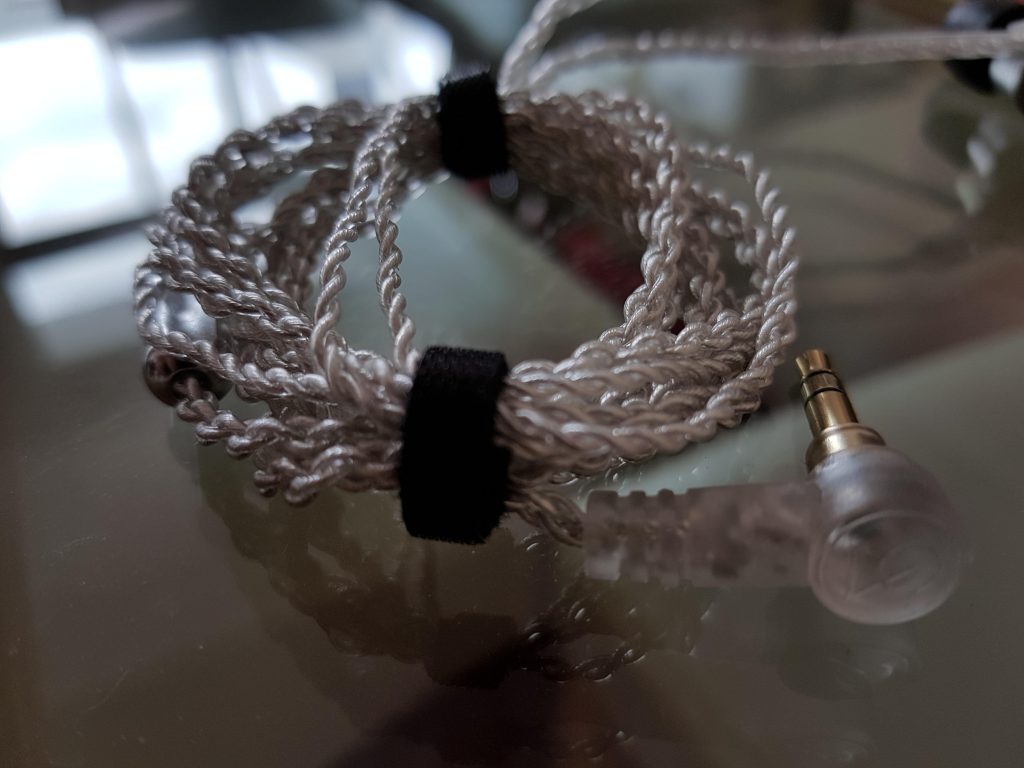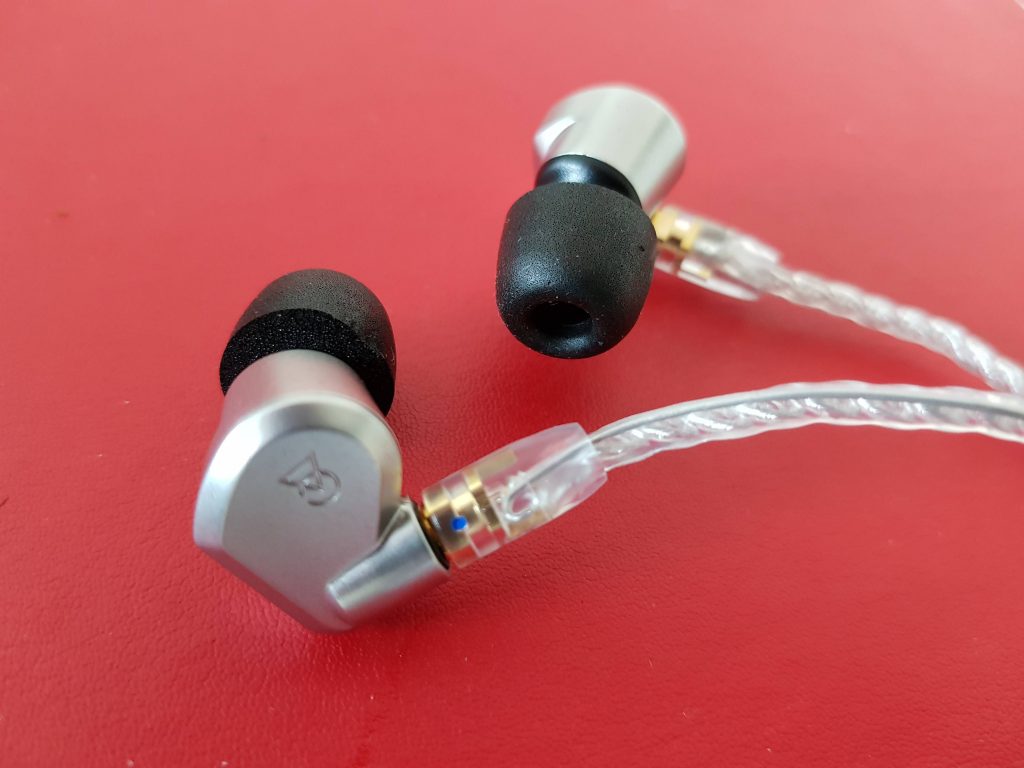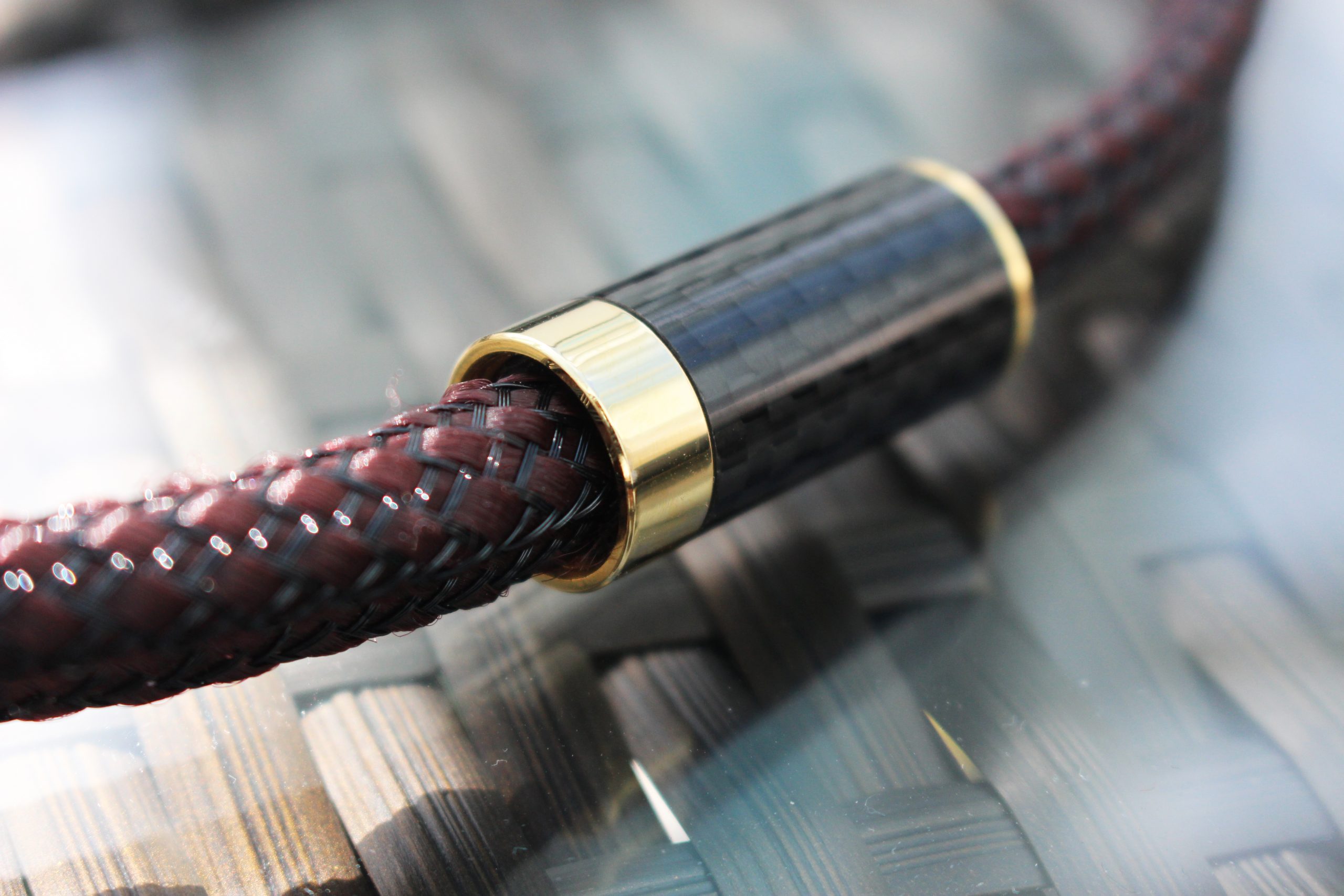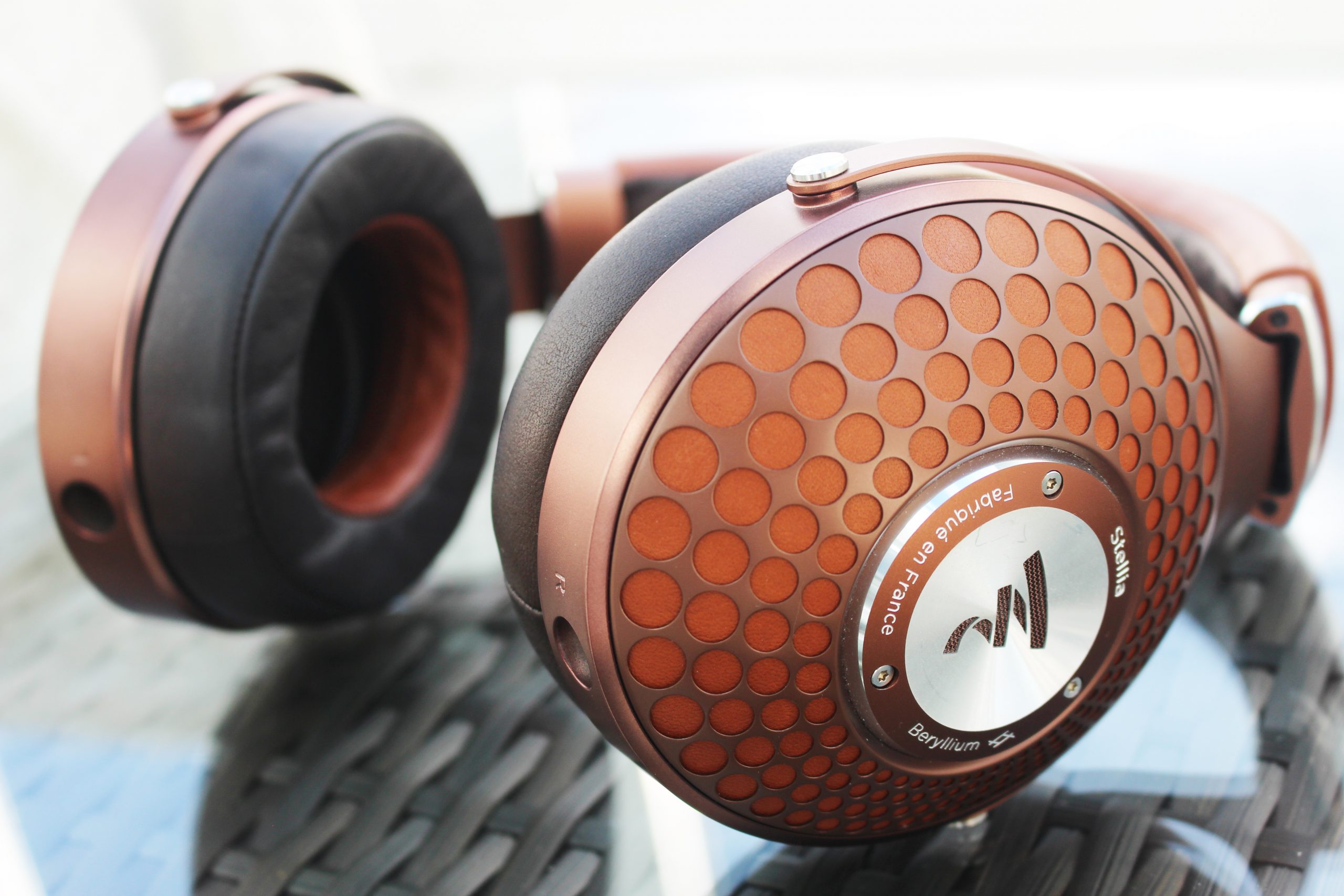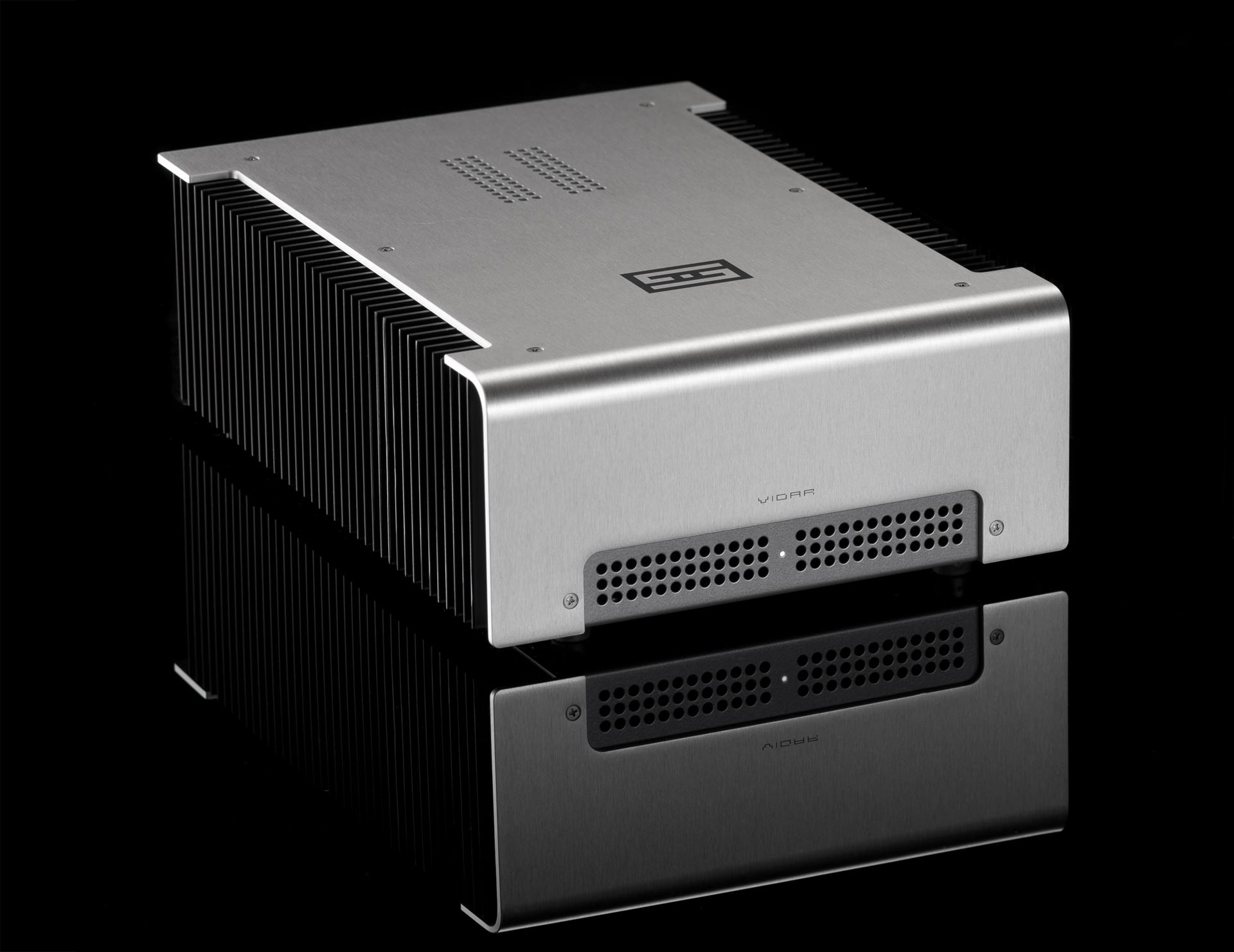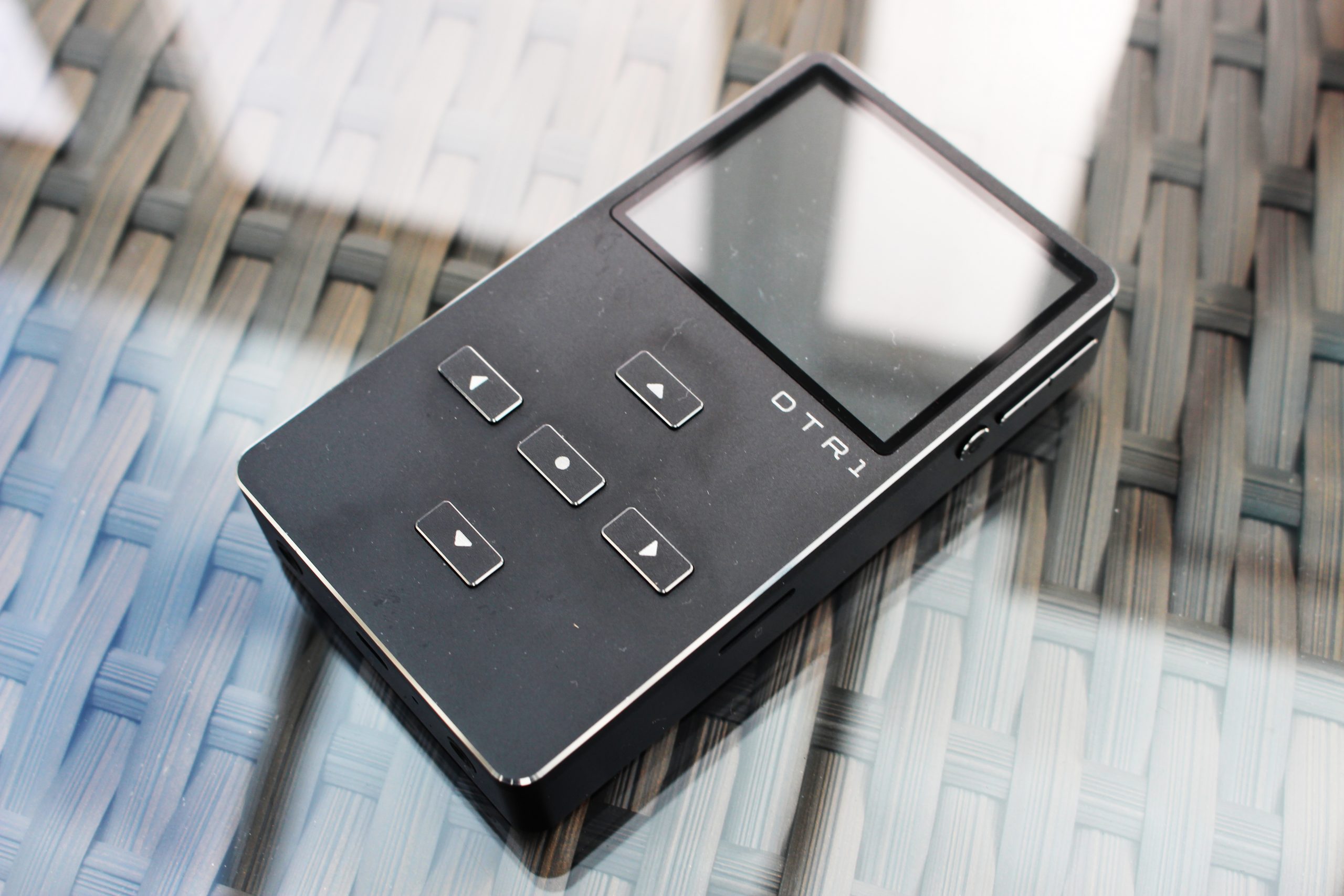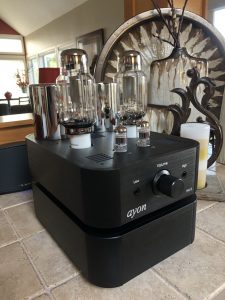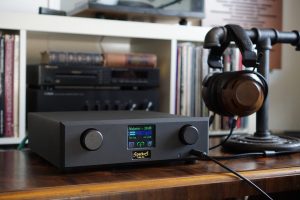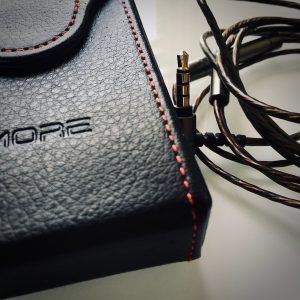Released in 2015, Campfire Audio headed by Ken ball has emerged as a successful in-ear monitor (IEM) company across the audiophile community. Having released in excess of 5 earphones in the past 18 months, the company are a boutique brand aiming to deliver hi-fidelity sound quality in a durable form factor.
Campfire Audio's Andromeda was a 5 driver balanced-armature driver which propelled the company as a serious contender in the top of the line audiophile range. The Vega, their latest release, soon followed with a $1299 price tag and an even more ambitious mind-set.
Unlike many of its competitors in the similar price range, the Campfire Audio Vega consists of a single dynamic driver. However, its unique selling point is an 8.5mm non-crystalline diamond structure which the company claim to be the world's first in commercial earphone use. In addition, the driver is 9 nanometres thick and coated with a non-crystalline diamond-carbon material. Neodymium magnets are also added for the magnetic field around the voice coils which in theory strive to produce excellent dynamic and transient response.
The Packaging
As with all of Campfire Audio's line-up, the company have stuck to a starry-themed compact box which houses the earphones. In the case of the Vega, the box is maroon coloured which opens to reveal a sturdy leather carry case.
Adding to the premium theme are two small red velvet pouches which house each monitor separately. The accessory kit is also ample and includes a set of SpinFit tips (S, M & L), a set of comply tips (S, M & L), a standard set of silicone tips (S, M & L), a cleaning tool, a campfire audio pin, a user guide and warranty card.
The Lyra comes in a starry-printed compact blue box which opens to reveal a tanned vintage case lined with real animal fur which is quite rare within the realms of IEM décor. Perhaps the most reminiscent of this type of styling is Final Audio's plush case with furry lining for their latest Heaven series VIII IEM. Regardless of the rarity though, the choice is an important one to establish Campfire Audio's place in the market which is that of luxury and class.
Build & Design
The Vega adopts a similar build to the original Lyra IEMs. However, unlike the black ceramic enclosure, Campfire Audio have opted for a liquid metal alloy with a PVD smooth finish which promises a much more durable and striking finish.
The bolts of the previous Jupiter and Andromeda earphones have also been removed leaving behind a clean and less industrialised design which ties in with Campfire's minimalist feel. The Vega is accomplished with an engraved CA logo and built with Campfire Audio's custom Beryllium Copper MMCX connectors. This, in theory, is harder wearing than traditional brass MMCX and is another nice premium touch.
Cable
Campfire audio have switched from their previous Tinsel cable to a newer Litz constructed cable which is definitely classier looking and more easy to manage than its predecessor. The wire is of a dual-braid and comes with a fancy matching silver metal y-split and clear plastic chin strap. It is terminated with MMCX pure Beryllium copper containers with a transparent right angled 3.5mm headphone jack.
Fit & Isolation
Despite their design, the Campfire Audio series of IEMs are more comfortable than they initially seem. This rings true for the Vegas which along with their rounded edges, minimal barrel length. and Comply Foam eartips provide an extremely comfortable listening experience. Isolation levels are beyond average too due to the insertion depth into the ear canal; this means that music levels do not need to be put very high so at to reduce ambient noise levels.
Sound impressions
Lows
The bass is something of a specialty of the Vegas—a true powerful presence with great mid and sub-bass extension. The diamond dynamic driver is also capable of rendering low frequencies with accuracy and minimal spill through to higher frequencies. Neutral-oriented people or those who wish for a fast and tight bassline should look elsewhere as these decay slightly longer than traditional balanced-armature sets. Those seeking a fun-sounding and authoritative bottom-end, however should definitely consider the Campfire Audio Vega as a primary set. The Vega is a unique IEM with a tonally thicker than normal sound presentation and rich feeling owing to the enhanced bass response. Tracks such as "Doin it Right" by Daft Punk & Panda Bear have an impactful sound which bass tones being full-bodied and authoritative. Unlike the Lyra which sounded more syrupy, the Vega drives a grand and voluminous bass section without ever getting congested.
Mids
Much like the lower frequencies, the midrange is presented as full-sounding and grand which makes it very engaging to listen to. The upper midrange frequencies add some clarity to tracks which certain dynamic drivers do not do as well. However, lower midrange frequencies can get overshadowed by the bass which is why the overall sound might not be clearest and analytical. Though, this is more than made up for the sheer smoothness and weight which vocals seem to effortlessly portray. While the sound signature of the Vegas would not be considered overly warm, there is some warmth worked into the lower midrange through the enhanced bass. However, the upper frequencies propel the sound into something that is cleaner and clearer than traditionally bass-enhanced consumer-orientated IEMs. Often thicker note portrayals do not come with the best resolution. The Vega seems to combine these two traits into something which is immensely enjoyable and worthy of listening to for hours on end. If anything, the lower midrange could be enhanced and the mid-bass slightly dialled down to allow for those male vocals to shine more. Overall, though, Ken Ball has done a sterling job of these unique IEMS.
Treble
The treble of Vega is slightly north of neutral but not excessively bright. This allows the sound signature to not be overly congested with the addition of some air and resolution. Like the midrange, the treble is smooth in character and coherent. Like the Lyras, there is slight differences between the foam and silicone tips; for example, with the silicone tips there is greater levels of detail and attack compared to the slightly more laidback presentation of the foam tips.
Soundstage & Imaging
The Vega soundstage is more expansive than the original Lyra's boxy presentation. However, compared to the Heir Audio IEM 8.0, the Campfire Audio Vega falls short in width and height. This is owing to the enveloping bass which somewhat detracts from the projection of sonic cues. However, the company has done well with trying to get the best out of this bass-oriented set by raising treble levels to add air and lift any sense of veil. Separation and layering are also beyond average which is unusual in the case of thicker and richer note presentation.
Pairings
Matchability
The Vega comes in at 17.5 Ohms resistance and a sensitivity of 102dB. Thus, it is a relatively easy IEM to drive and would work well out a standard smartphone device. However, a more efficient portable DAP would work wonders for this in-ear monitor.
Schitt Gungnir Multibit and Mjolnir 2
With this pairing, the Vega accrues more of a holographic sense of space compared to a standard laptop or smartphone. There is also more energy to the bass and greater levels of separation and detailing. Tracks such as "Differences" by Ginuwine sound immensely enjoyable with good clarity and great sub-bass performance.
Questyle Q1PR Digital Audio Player
This is another outstanding combo which infuses more detailing and accuracy while still maintaining the musicality and weight that the Vega delivers. There is also some compromise in soundstage width compared to the Fiio X7, however the Q1PR hones in on a good balance between detail and sheer fun.
Fiio X7
Like the Q1PR, the X7 also aids in delivering a high-level sonic performance when compared with Campfire Audio's Vega. However, it improves on the former DAP by adding more sense of space and dimensions in a more holographic resulting sound. The compromise to this however, is that the sound is not as detailed and pinpoint as what the Q1PR offers.
Conclusion
Overall then, Campfire Audio have been consistent in their release of the Vega—a flagship product which builds on a solid foundation of pleasing aesthetics, excellent customer service and great build quality. In terms of sound, the Vegas have really been an attempt by the company to produce something with full-body and weight and a generally unique sound signature. On that front, they have succeeded as no other single dynamic driver has ever sounded as good. With that said however, those in favour of completely neutral-sound or those seeking for an analytical device should definitely look elsewhere. This is because while the Vega offers great resolution and detailing, it renders music from a bass-orientated perspective with great macro-dynamics and scaling but the not the best where micro-details and crystal resolution are concerned. For $1299, though, it is worthy investment for those who seek this type of sound.
Vega IEM
Retail: $1299
Campfire Audio




